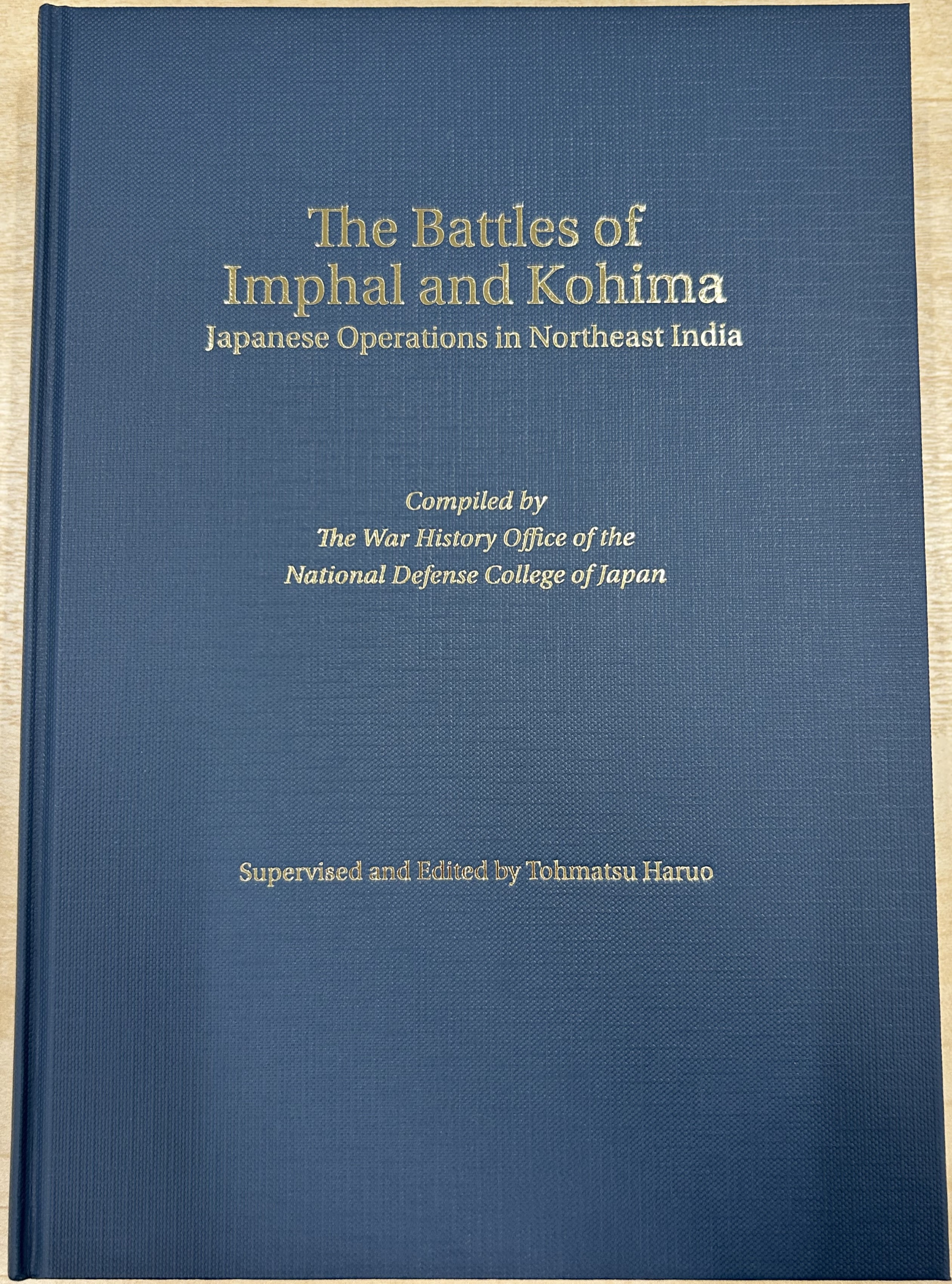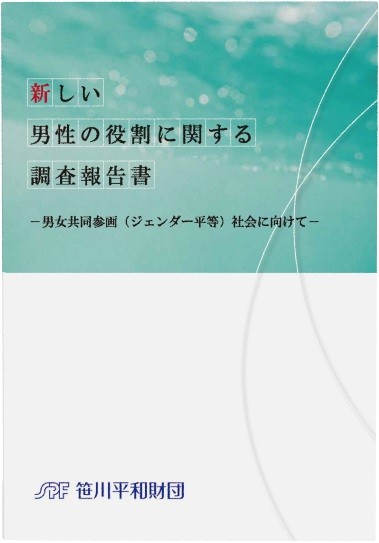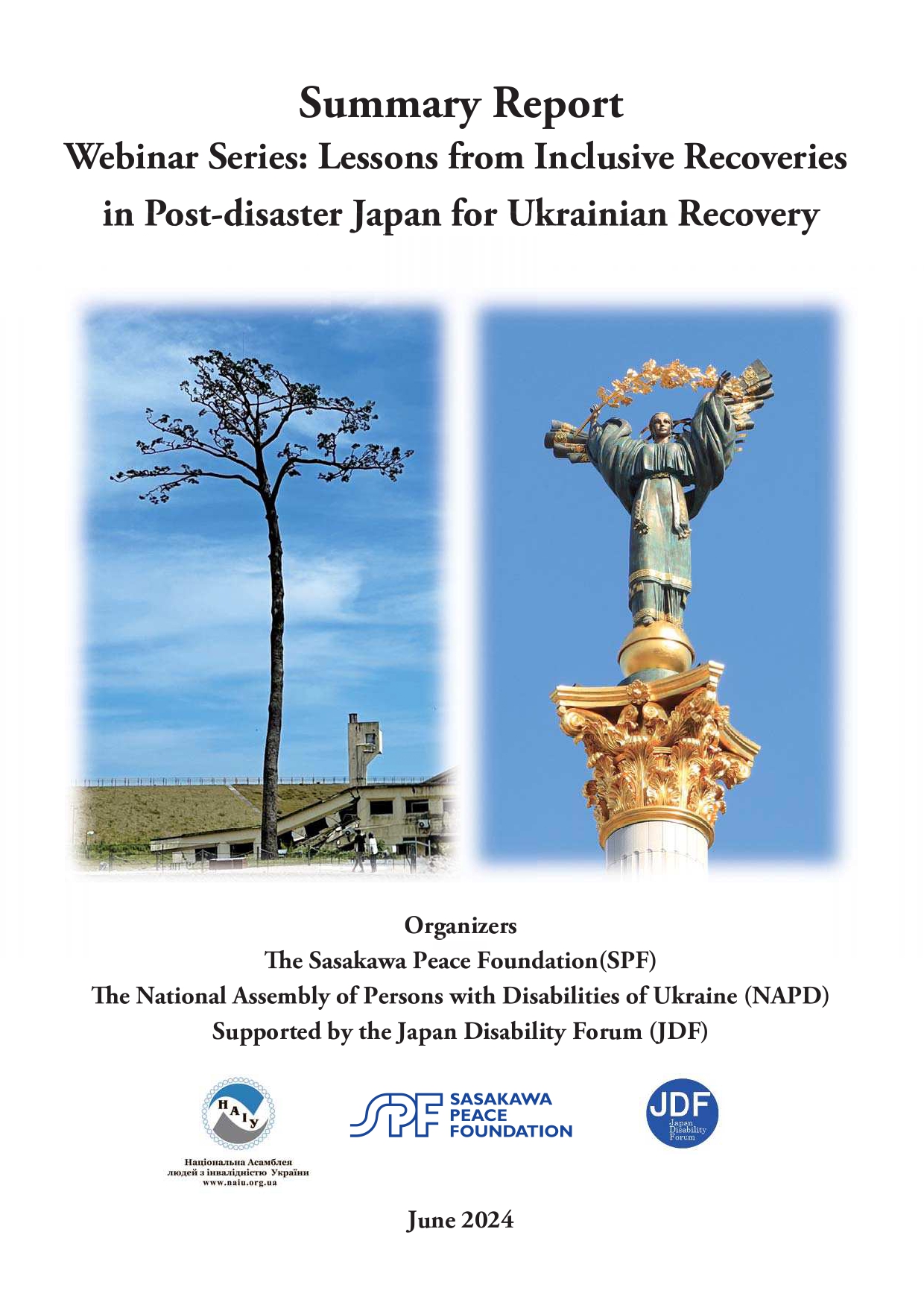
Publication of the English Book “The Battles of Imphal and Kohima: Japanese Operations in Northeast India”
The Sasakawa Peace Foundation (SPF) has published the English book The Battles of Imphal and Kohima: Japanese Operations in Northeast India, an excerpt version of Senshi Sōsho: Imphal Operation.

